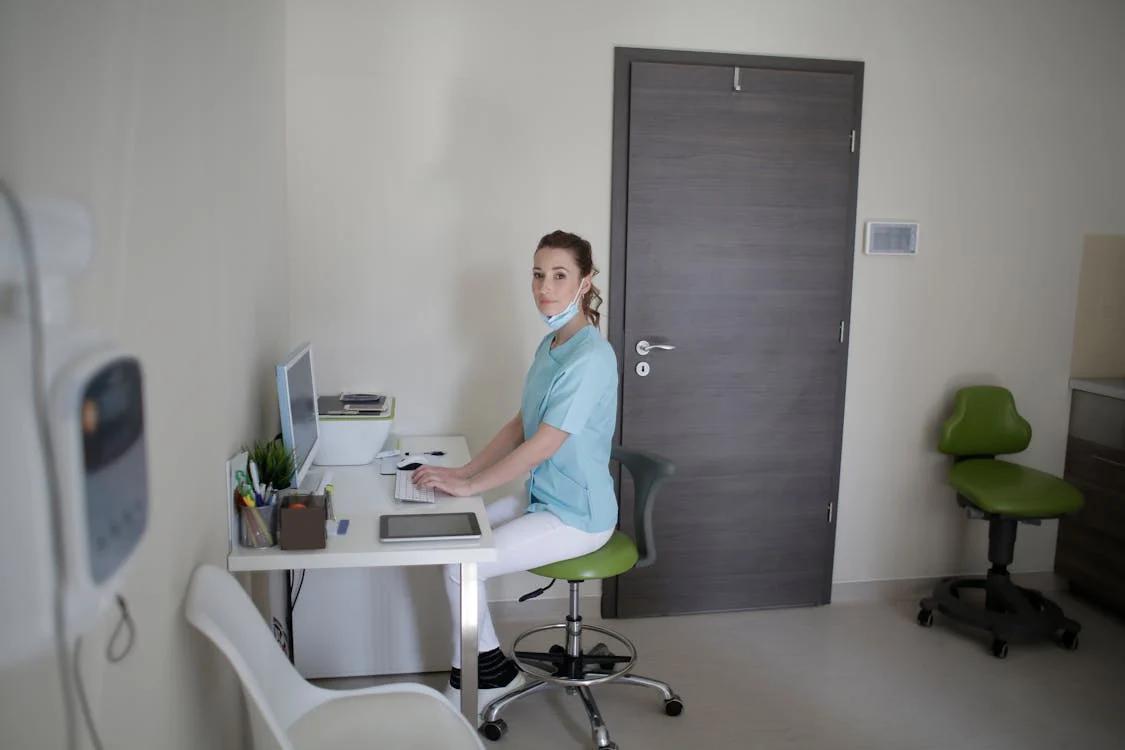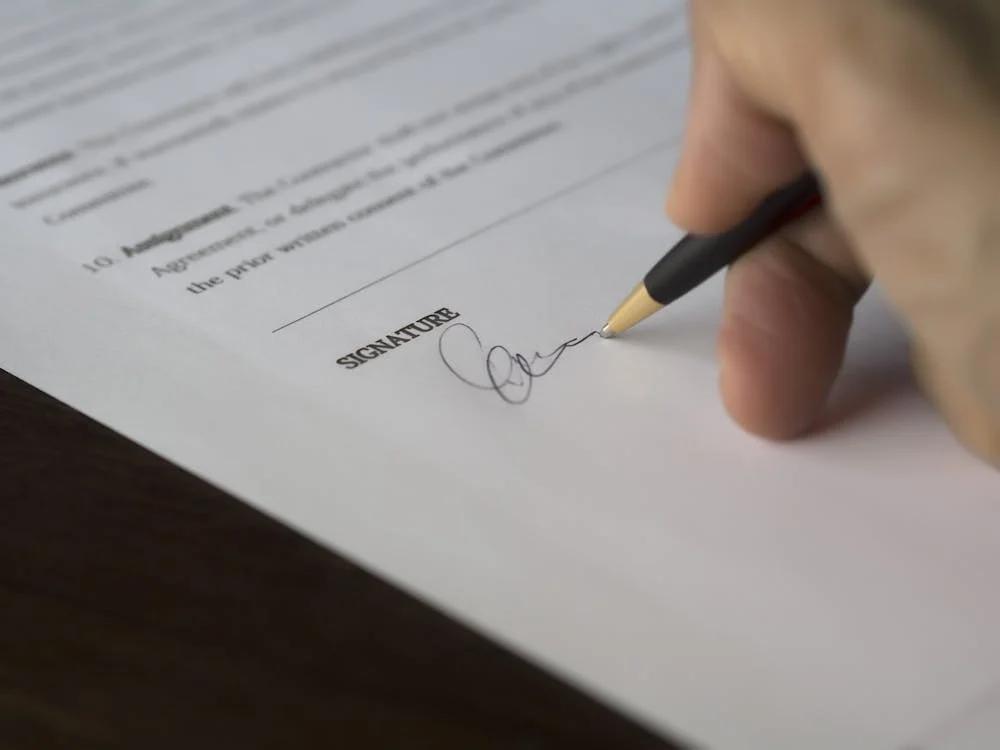Medical information, including doctor’s notes for work or school, is highly personal and sensitive. Protecting your privacy when using a real doctor’s note is crucial, whether you’re requesting time off, explaining an absence, or supporting an application for medical leave.
This guide helps you understand your rights regarding the confidentiality of doctor’s notes and how to ensure your medical information remains secure.
The Importance of Confidentiality with Doctor’s Notes
Confidentiality is a cornerstone of medical ethics and patient rights. When you get a doctor’s note online or from a healthcare provider, that document contains sensitive information about your health. Employers and educational institutions often require doctor’s notes to verify the legitimacy of an absence or a medical condition. However, sharing these notes shouldn’t mean sacrificing your privacy.
Employers and schools are obligated to handle your medical information confidentially and ensure that it is not disclosed to unauthorized parties. Knowing your rights can help you navigate these requirements without compromising your privacy.
Understanding Your Rights Under HIPAA
The Health Insurance Portability and Accountability Act (HIPAA) protects the privacy of your medical information in the United States. It restricts how your health information can be used and disclosed without your consent. When you get an online doctor’s note for work or school, it’s crucial to ensure that this information is handled per HIPAA regulations.
HIPAA applies to all forms of your health information, including electronic, written, and oral communications. Therefore, when you submit a doctor’s note to your employer or school, they must adhere to strict confidentiality protocols.
How Employers Should Handle Your Doctor’s Notes
When you submit an online doctor’s note for work or physically provide one to your employer, it’s essential to understand how that information should be managed. Under federal laws, employers are required to:
- Keep your medical information separate: All medical records, including real doctor’s notes,must be stored separately from your general employee file. This helps to prevent unauthorized access to your sensitive health information.
- Limit access: Only those who need to know about your medical condition (e.g., your immediate supervisor or HR personnel) should have access to your doctor’s note.
- Ensure secure storage: Digital doctor’s notesshould be stored in secure, encrypted files, and paper records should be kept in locked, secure locations.
Protecting Your Privacy When Submitting Doctor’s Notes to Schools
Like employers, educational institutions are required to handle doctor’s notes for school confidentially. When you submit a doctor’s note, consider these steps to protect your privacy:
- Understand the school’s policy: Different schools have varying policies regarding the submission of doctor’s notes. Familiarize yourself with these rules to know how your information will be handled.
- Request limited access: Ask that your doctor’s notebe shared only with those who need to know, such as a school nurse or an administrative officer.
- Seek secure submission methods: When submitting a doctor’s note online, use a secure method, such as a school’s official portal or encrypted email, to ensure your information remains private.

Obtaining a Doctor’s Note Online: Privacy Considerations
Today, many services offer the option to buy a doctor’s note online through a virtual consultation. This can be incredibly convenient, especially for those who cannot see a doctor in person due to time constraints or health concerns. However, it’s crucial to consider the privacy implications when using these services.
When choosing an online service, ensure that they are compliant with HIPAA or relevant privacy laws in your country. Additionally, ensure that the service uses secure websites (look for “HTTPS” in the URL) and offers encrypted communication methods to protect your sensitive information.
Best Practices for Obtaining Online Doctor’s Notes
- Choose reputable providers: Not all online services are created equal. When looking to get a doctor’s note online, select a service known for its commitment to privacy and confidentiality. Look for services that employ board-certified physicians and have strict privacy policies.
- Verify data protection practices: Before submitting personal information, check the provider’s website for details on how they protect your data. Ensure they comply with HIPAA or other relevant regulations.
- Read reviews and testimonials: Look for feedback from other users about their experience with the service, especially regarding privacy and security.
![]()
Legal Protections for Doctor’s Notes Under FMLA
For those seeking Family and Medical Leave Act (FMLA) certification, doctor’s notes are often a critical component. FMLA certification requires medical documentation to support an employee’s need for leave due to serious health conditions. However, the FMLA also includes provisions to protect the privacy of your medical information.
Employers must:
- Restrict access to your medical documentation.
- Provide privacy protections during the certification process.
- Use the information solely for the purposes of administering leave benefits under FMLA.
If you are considering using an online FMLA certification service, ensure that the service understands and complies with these legal protections.
Navigating Privacy Concerns with FMLA Certifications
When seeking an FMLA certification service, you may need to provide extensive personal and medical information. To protect your privacy:
- Ask about confidentiality policies: Understand how your information will be stored and who will have access to it.
- Ensure compliance with privacy laws: Confirm that the service is compliant with HIPAA and other privacy laws relevant to your location.

Safeguarding Your Privacy: Best Practices

To effectively safeguard your privacy when dealing with real doctors notes for work or school, there are several best practices to keep in mind. Firstly, always inquire about your organization’s policies regarding medical leave and documentation. This can provide clarity on how your doctor’s note will be used and who will have access to it.
Secondly, you should only provide the necessary amount of information. When submitting a doctor’s note for work, there is no obligation to disclose your medical condition unless it’s specifically required for benefits or accommodations. Keeping the details minimal can help protect your privacy while still fulfilling the necessary requirements.
If you find yourself needing an online doctor’s note for school or work and are concerned about privacy, choosing a reputable service that prioritizes confidentiality is crucial. Ensure that the service you use to get a real doctor’s note has strong privacy policies and secure data handling procedures. Reputable services provide real doctor’s notes that comply with all necessary privacy regulations, ensuring your information remains confidential.
Common Misconceptions About Privacy and Doctor’s Notes

There are several misconceptions about the privacy of doctor’s notes that can lead to unnecessary stress or anxiety. One common misconception is that submitting a doctor’s note for work automatically gives your employer full access to your medical records. However, your employer is only entitled to know whether the note is authentic and verifies your need for leave; the specifics of your medical condition are usually not required.
Another misconception is that digital or online doctors notes are less secure than traditional paper notes. In reality, virtual notes can offer enhanced security features, such as encryption and secure storage, that may not be available with paper notes. This means that getting a doctor’s note online can actually provide a higher level of privacy when managed properly.
Some people also believe that doctor’s notes for mental health are less valid than those for physical health. This stigma can cause individuals to feel pressured to disclose more than necessary when requesting time off. However, a note for mental health is just as legitimate and protected under privacy laws as a note for any physical ailment.
Doctor’s Notes in Different Settings: Schools, Workplaces, and More
Doctor’s notes serve various purposes depending on the setting. In schools, a doctor’s note for school can excuse absences and provide a basis for accommodating any special needs a student may have. When obtaining an doctor’s note for school online, it is important to ensure that the note meets the school’s requirements. Often, the note should specify that the absence is medically necessary without revealing personal health information.
For workplaces, real doctor’s notes can validate absences or requests for accommodation. Depending on the employer’s policy and the applicable labor laws, they might request a doctor’s note = that includes more details, such as the expected duration of the absence. However, even in these cases, the underlying medical reason does not need to be disclosed.
In some instances, particularly when dealing with long-term leave such as Family and Medical Leave Act certification or FMLA certification services, additional documentation might be required. These situations often demand a more detailed note from an FMLA doctor or involve certification for FMLA to support the leave request. Here, understanding the specific requirements and your rights to confidentiality is crucial.
Digital Security Measures for Online Doctor’s Notes
When opting to get a doctor’s note online for work or school, understanding digital security measures is important for protecting your privacy. Reputable services offering real doctors notes online will typically employ various security protocols, such as data encryption, secure logins, and regular security audits, to protect your information.
To further ensure your privacy, avoid using public Wi-Fi when accessing medical services or submitting documents. Additionally, make sure your personal devices are secure and that you use strong, unique passwords for accessing any online health services.
It’s also wise to be aware of phishing scams or unauthorized services that might misuse your personal information. Always verify the legitimacy of the service when you buy a doctor’s note online and ensure they have clear privacy policies and contact information.
The Role of Consent in Sharing Medical Information

Understanding the role of consent is crucial when it comes to sharing your medical information, whether it’s for school, work, or any other reason. Consent forms are typically required to release your information from a healthcare provider to an employer or educational institution. When obtaining an online doctor’s note, the process of consent might be handled electronically, which can make the process quicker but no less important.
Make sure to read and understand any consent forms before signing, and only provide the minimum information necessary. When you get a doctor’s excuse online, your consent is required before your information can be shared with any third party. This ensures that your rights are respected, and your privacy is protected.
Handling Misuse of Your Doctor’s Note

If you suspect that your doctor’s note for work or school has been misused, it’s important to take action quickly. Start by contacting the HR department or school administration to clarify how your information is being used and who has access to it. If your privacy rights have been violated, you may have grounds to file a complaint with a regulatory body or seek legal advice.
Having a clear understanding of your privacy rights can help you navigate these situations more effectively. When you get a real doctor’s note online, make sure you are aware of the privacy policies of both the service provider and your employer or school to prevent any misuse.
Protecting Your Privacy: Ensuring the Proper Use of Doctor’s Notes
Understanding your privacy rights regarding doctor’s notes is essential in today’s digital age. Whether you need an online doctor’s note for school or a doctor’s note for work, knowing how to protect your confidential information can help you maintain your privacy and peace of mind.
By choosing secure services, being aware of consent requirements, and understanding your rights, you can ensure that your real doctor’s notes online are used appropriately and safely.
Choose a HIPAA certified service that respects your privacy and meets your needs. Reach out to My Dr’s Note today to learn more about obtaining a secure, real doctor’s note online.
By doing so, you can take the necessary steps to protect your personal information and maintain your confidentiality.


